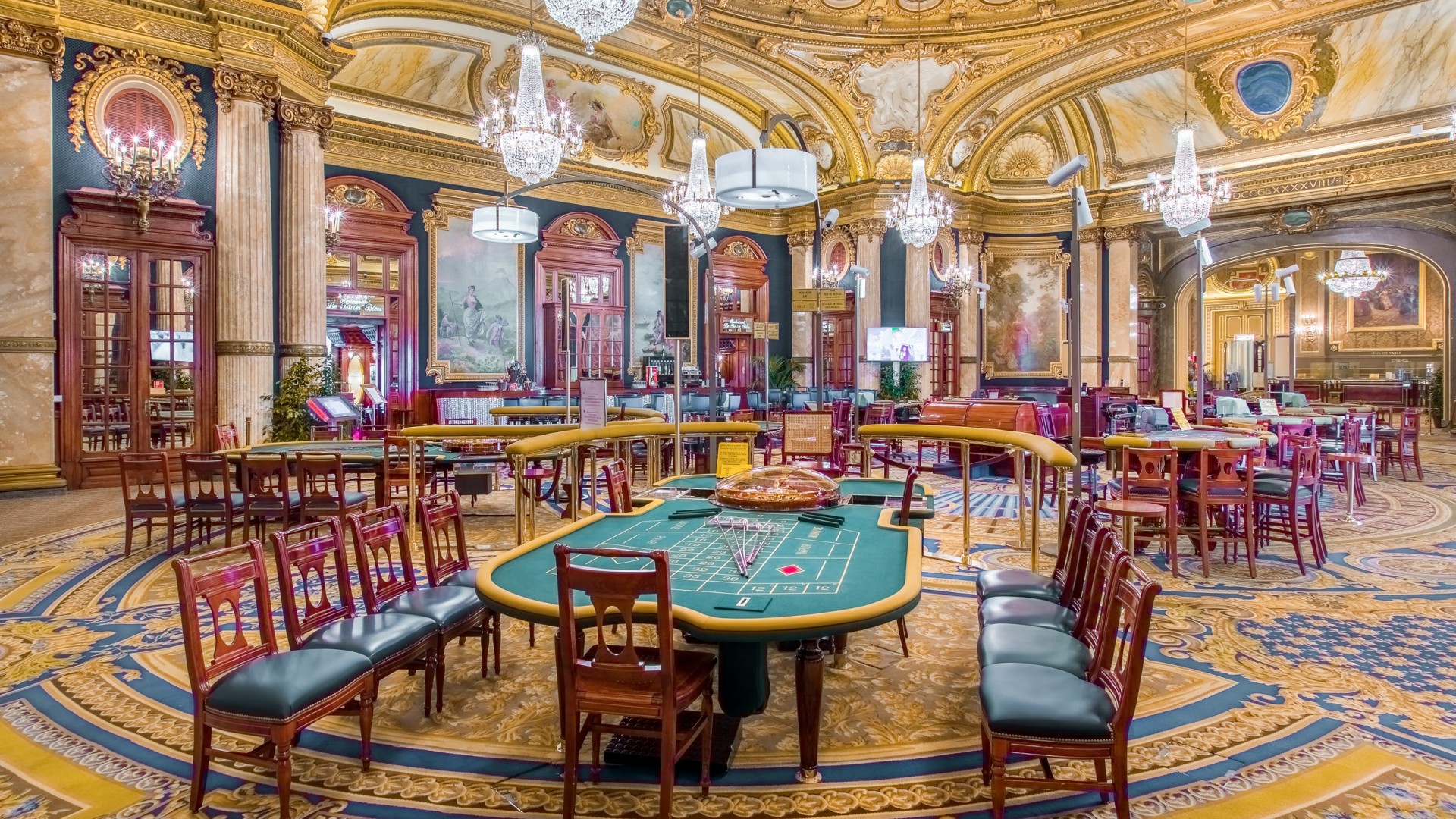Casino games have long captivated a diverse audience, offering not only the excitement of risk but also a tailored experience crafted for diverse types of players. Including analytical thinkers who thrive on skill and calculation to recreational players who seek entertainment, casinos understand the nuances of their audience and design games that accommodate these varied tastes.

In investigating the world of casino games, we discover a variety of options that appeal to players of all kinds. Competitive poker tables draw those who are competitive, while exciting slot machines attract players who seek instant gratification. Whether it’s about the chance to win big or simply relishing the social environment, casinos design their game offerings to ensure that all players find a place where they feel welcome and involved. Understanding how these games are tailored to different kinds of players can enhance not only our enjoyment of them but also our method for choosing which games to play.
Understanding Gamer Groups
In the varied world of casino entertainment, participants can be classified into specific types based on their incentives and preferences. These gamer categories range from the laid-back and social gamers, who enjoy the fun value and social engagements that gambling provides, to the more tactical and analytical players, who seek to boost their odds and profits. Comprehending these distinct kinds is essential for casinos to tailor their services and create captivating settings.
One popular category is the communal player, who considers casino games as a form of group interaction and enjoyment rather than a serious gambling endeavor. These participants often enjoy games that encourage participation and friendship, such as group-based games. Their focus is on the journey rather than the outcome, so vibrant settings and collective moments are what they value the most.
On the opposite end of the spectrum, strategic players are motivated by competition and the quest of skill. They tend to gravitate toward games that demand tactical planning and strategy, such as blackjack, where their abilities can influence the result. This category often interacts with the games on a deeper level, utilizing insight and strategies to achieve an edge. Understanding these drives allows casinos to create settings and game selections that suit to each gamer’s distinct likings.
Game Design Strategies
Casino games are created with varied player types in mind, employing various strategies to attract and capture them. For recreational players, the focus is on ease and clarity. Games like slots are often aesthetically pleasing with simple mechanics. Đăng Ký 78Win This allows players to enjoy the gameplay without a difficult learning curve, creating an inviting atmosphere. The bright colors, engaging audio, and themes create a fun environment where players can easily get immersed and enjoying themselves.
For tactical players who enjoy a more profound level of involvement, games such as poker and 21 offer complexity and strategic elements. These games feature strategy and decision-making, attracting to players who excel on challenge and want to utilize their mental skills. The design of these games often includes complex rules and mechanics that test players to hone their skills and develop strategies over time, creating a fulfilling experience for those who enjoy perfecting the game. 78WIN
Furthermore, social players are considered through games that highlight interaction and community. This comprises live dealer games and multiplayer games, which cultivate a sense of community among players. The design of these games often incorporates chat features and social elements, allowing players to connect and share experiences. By creating an environment where interaction is promoted, casinos can effectively involve community players, making the gaming adventure more pleasurable and memorable.
Improving Player Experience
Betting games have progressed significantly to provide a much more immersive atmosphere for gamers. Application creators focus on stunning graphics, rich sound effects, and creative game mechanics that engage players into the gaming space. By employing digital advancements, such as immersive technology and AR, gaming establishments ensure that participants feel as if they are part of a exciting environment, enhancing not just the pleasure of the activities but also the overall satisfaction of being in a casino.
Community engagement is another critical aspect in improving participant engagement in casino options. Many options are developed to encourage communication among players, whether through multiplayer formats or social tools. This interactive component appeals to participants who like connecting with fellow players while engaging, promoting a community vibe community. In addition, community aspects can include leaderboards, tournaments, and prizes for collaborative gaming, which capture determined gamers and inspire them to come back for more.
Finally, personalization plays a crucial role in tailoring the engagement for various gamer demographics. Betting companies and title creators study gamer activities and tastes to offer customized gaming recommendations and rewards. By comprehending the individual interests of players, casinos can provide customized offers, incentives, and new titles that appeal to each gamer, thus improving their complete engagement and commitment to the casino.



